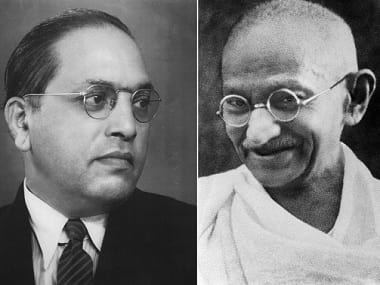Today September 28 is the birth anniversary of Bhagat Singh, the revolutionary freedom fighter from India who could dare to think at a very young age of fighting imperialism all over the world! Although he was hanged by colonial rulers at the age of only 23 in 1931, he is still not only remembered with great affection and respect by hundreds of millions of people all over India and elsewhere, but in addition his inspirational role appears to be increasing with the passage of time.
He is such a revered freedom fighter in India that even those who oppose his ideas of an exploitation free society in actual policy making never forget to pay lip sympathy to him, and even those who openly flout his idea of harmony and unity of people try to somehow sing his praise without mentioning these issues! On the one hand those who are deeply committed to his ideas of equality, justice and communal harmony and a wider struggle against imperialism still find great strength and inspiration from him in increasingly difficult and hostile conditions.
When Bhagat Singh started his journey as a revolutionary with a small number of dedicated activists, his group was woefully short of resources and even sympathizers could think of according only a marginal role to such young men and women. What Bhagat Singh lacked by way of experience, he sought to made up by study, devouring book after book on struggles of people and revolutions, so much so that when jail guards came to take him for executing the death sentence, he was still reading such a book and Bhagat Singh told the guards to let him finish the page he was reading as a ‘revolutionary is meeting a revolutionary.’
His study took him more and more towards socialist ideas and it was largely at his insistence that the word ‘Socialist’ was added to the name of their organization. This also led him to a much higher commitment towards solidarity with similar struggles against imperialism. He said that struggles of India and world will continue till an exploitation-free society can be established.
What is both inspiring and amazing is that this small group of highly courageous freedom fighters, overcoming all adversities, managed to reach out to millions of people and even when Bhagat Singh and his close colleagues had been imprisoned, by their conduct in courts as well by as continuing resistance and protest fasts within jail, they continued to become an inspiration for an ever increasing number of people, leaving a deep imprint on the freedom movement.
With his colleagues Bhagat Singh also continued to analyze the wider situation in India and world. Among the emerging leaders of India he had words of praise for Jawaharlal Nehru because he had the ability to remember the ideals of communal harmony/unity and socialist ideals while leading the freedom movement, while several other leaders did not give equal attention to this. Those leaders who spread or encouraged sectarianism were criticized strongly by the young revolutionaries.
Thus through their writings and messages these young revolutionaries spelled out a path which remains highly relevant even 90 years after Bhagat Singh sacrificed his life—a path based on combining the ideals of equality, dignity, justice and fraternity. The colonial rulers tried time and again to create divisions among Hindus, Muslims and Sikhs in such a way that they could prolong colonial rule with the support of sectarian leaders from various communities, while the divisions created by the them weakened the unity of the people and hence their ability to oppose colonial rule. Bhagat Singh and his revolutionary colleagues understood well the games of colonial power to ‘divide and rule’ and repeatedly warned against this. Later, world history repeatedly provided examples of how exploiters found it most useful to distract people by turning them against one community or the other.
The journey of Bhagat Singh and his colleagues within about five years from the margins to a stage where almost the entire country was in tears when Bhagat Singh and his two close colleagues Sukhdev and Rajguru were hanged on 23 March, 1931 after a very arbitrary and unjust trial has few equals. It is a great inspiration for revolutionaries all over the world—and of course this includes those fighting for crucial environmental and peace objectives today—that struggles at the margin can progress rapidly to impact, involve and inspire millions of people.
When Bhagat Singh looked around him at the great distress suffered by the people of India due to colonial rule and the doors of progress shut on them, he was deeply motivated to study and develop a wider critique of imperialism which made him speak at a world level against imperialism and for the creation of exploitation free societies. Even today young activists as much as elderly scholars read the various scattered writings of Bhagat Singh very keenly and this itself is a great tribute to his enduring legacy.
Bharat Dogra has contributed several short biographies of freedom fighters. His recent books include When the Two Streams Met, A Day in 2071 and Man over Machine.













